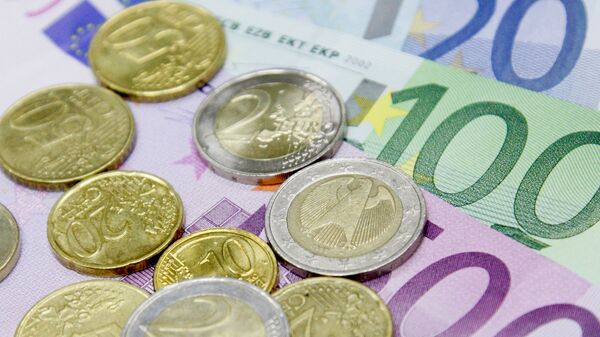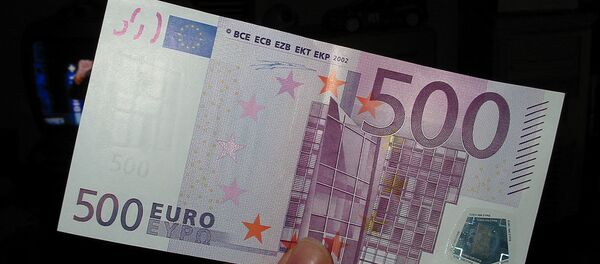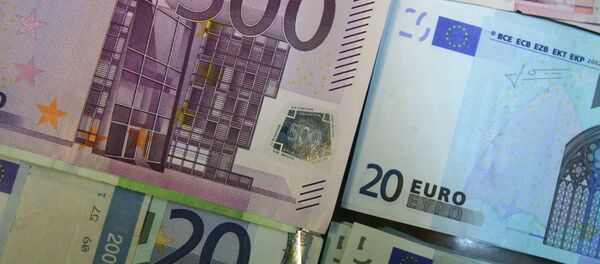"We are striving to put in place a uniform limit on cash transactions in Europe," Schauble said.
Schauble had discussed the proposal with his French counterpart Michel Sapin at the meeting, a regular event which is held twice-yearly between the finance ministers and central bankers of France and Germany.
"It is our duty to aim for a European regulation," Sapin said, adding that a "minimum degree of harmonization" is necessary on a European level.
France has a limit of €1,000 on cash transactions, which was lowered from €3,000 after the terrorist attacks on Charlie Hebdo and a Jewish supermarket in January 2015. The country also lowered its cash transaction limit for tourists from €15,000 to €10,000.
In March last year Sapin announced the cash cap and other measures including greater monitoring of cash payments, withdrawals and small bank accounts in order to "fight against the use of cash and anonymity in the French economy, which enables "terrorism that is low cost to carry out but has major impact."
"This low-cost terrorism feeds on fraud, money laundering and petty trafficking," Sapin said.
"It is absolutely not a question of limiting how much cash someone may possess," said Schauble at the press conference on Tuesday in response to criticism in Germany about his ministry's proposed limit on cash transactions of more than €5,000.
Hans-Jürgen Papier, former president of Germany's federal constitutional court, told the Frankfurter Allgemeine Zeitung on Tuesday that such a ban would be unconstitutional.
"That would be unjustified interference with the right to freedom, namely the freedom of contract and private autonomy," Papier said.
"Cash payments are an important part of economic life," warned Bundesbank governor Jens Weidmann. According to Bundesbank figures 80 percent of all transactions in Germany in 2014 were conducted using cash.
#Fahrenschon: "Ohne #Bargeld sind wir zu abhängig von der Technik" https://t.co/uVSQ51vQhy
— DSGV (@dsgv) 8 февраля 2016
'Controversy about cash limits: hands off our cash,' Das Bild reported on Monday.
While Germany, along with Austria, is one of a minority of EU member states that currently do not have a limit on cash transactions, France now has one of the strictest caps. In 2011 Italy banned cash payments over €1,000, and in 2012 Spain capped cash payments to €2,500 for residents and €15,000 for non-residents.
In addition to discussing the ban on cash, on Tuesday the two countries and their central bankers also discussed the latters' proposals for structural reform of the Eurozone, including the establishment of a European finance ministry.
"Answers must be found to increasing terrorism and the massive flow of refugees. In France as in Germany some may be of the impression that in all these questions Europe is lacking solidarity," they wrote, putting forward plans for greater financial unity in the Eurozone.
"To really strengthen prosperity and stability in the Euro area, three economic pillars must be built: firm programs for structural reform at the national level, an ambitious financial and investment union, and an improved economic policy framework in the Euro area," they proposed.






